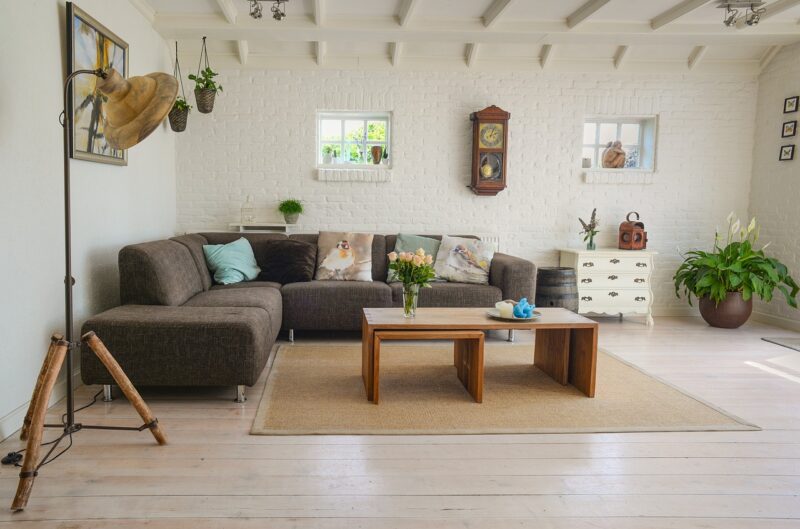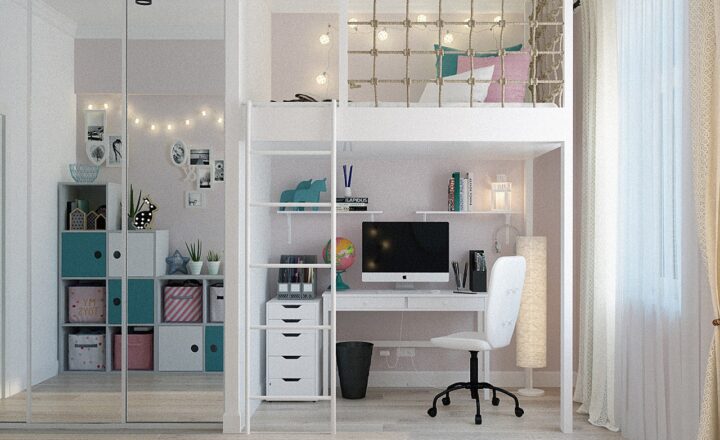How to Organize Your Home for Less Stress and More Productivity
November 14, 2024

In today’s fast-paced world, maintaining a well-organized home is crucial for mental clarity and productivity. An organized space can significantly reduce stress levels and help you focus better on your daily tasks. This article will explore actionable strategies for organizing different areas of your home to foster a peaceful environment and enhance your overall productivity.
1. Understanding the Benefits of an Organized Home
Before diving into the organizational strategies, it’s important to understand why organizing your home is beneficial. Here are some key advantages:
- Reduced Stress: A clutter-free environment can help decrease anxiety and create a sense of calmness. Knowing where things are located reduces the feeling of chaos in your life.
- Increased Productivity: When your space is organized, you can find what you need quickly, which allows you to focus on your tasks without interruptions.
- Enhanced Creativity: A tidy space can foster creativity by providing a clear mind. When clutter isn’t weighing you down, you’re more likely to brainstorm and explore new ideas.
Thus, investing time in organization is not just an aesthetic choice; it’s a step towards a healthier and more productive lifestyle.
2. Decluttering: The First Step to Organization
The initial step to organization is decluttering. Follow these steps to effectively declutter your home:
A. The Three-Box Method
Designate three boxes for sorting your items:
- Keep Box: Items you use regularly or have sentimental value go here.
- Donate Box: Place items in good condition but no longer needed or used. Consider donating to charity or friends/family.
- Trash Box: Broken or damaged items that cannot be repaired should be disposed of properly.
This technique helps you quickly decide the fate of each item in your home.
B. The 10-Second Rule
If an item takes less than ten seconds to put away, do it immediately. This helps prevent clutter from accumulating and keeps your space tidy.
3. Organizing Different Spaces in Your Home
Once decluttered, you can start organizing specific areas. Here are some tips for key spaces in your home:
A. The Living Room
- Use storage ottomans or baskets to keep blankets and magazines tucked away but easily accessible.
- Implement a system for remotes, chargers, and other electronics to minimize visible cords and clutter.
- Create a designated spot for items that belong to different family members to prevent clutter from building up over time.
B. The Kitchen
- Organize your pantry by grouping similar items together (e.g., snacks in one spot, canned goods in another).
- Use drawer dividers for utensils, making it easier to find what you need while cooking.
- Keep countertops clear by storing appliances that are not used daily in cabinets or storage closets.
C. The Home Office
- Use vertical storage such as shelves or wall-mounted organizers to maximize your space.
- Implement a filing system for documents, labeling folders clearly to make retrieval simple.
- Invest in a quality desk organizer to keep pens, papers, and other supplies at hand but out of the way.
4. Maintenance: Keeping Your Organized Space Clutter-Free
The organization is not a one-time project but a habit that requires ongoing effort. Here are some tips for maintaining your organized home:
- Daily Tidying: Spend a few minutes each day to tidy up after yourself, preventing clutter from accumulating again.
- Weekly Check-ins: Dedicate time each week to review each area of your home, ensuring everything remains in its designated spot.
- Annual Review: Once a year, reevaluate your belongings. This will help you stay mindful of what you truly need and adjust accordingly.
By making these practices a part of your routine, you can keep your home organized long-term.
5. Implementing Organizational Tools and Solutions
Investing in organizational tools can make your life easier. Here are some suggestions:
- Clear Storage Bins: Help objects stay visible while neatly stored away, allowing easy access when needed.
- Label Makers: Make it easier to identify the contents of boxes and bins, supporting an organized home atmosphere.
- Hooks and Hangers: Utilize wall space to maximize your room’s storage capacity without sacrificing floor space.
These tools provide simple yet powerful solutions to keeping your space organized and functional.
Conclusion: Embracing Organization for a Productive Life
Organizing your home is an investment in your mental well-being and productivity. By taking small steps—like decluttering, applying organizational strategies, and maintaining order—you can create a space that not only reduces stress but also fosters creativity and enhances focus. As you implement these tips, remember that the journey towards organization is ongoing. Embrace the process, enjoy the small victories, and discover the joys of a well-organized home.






